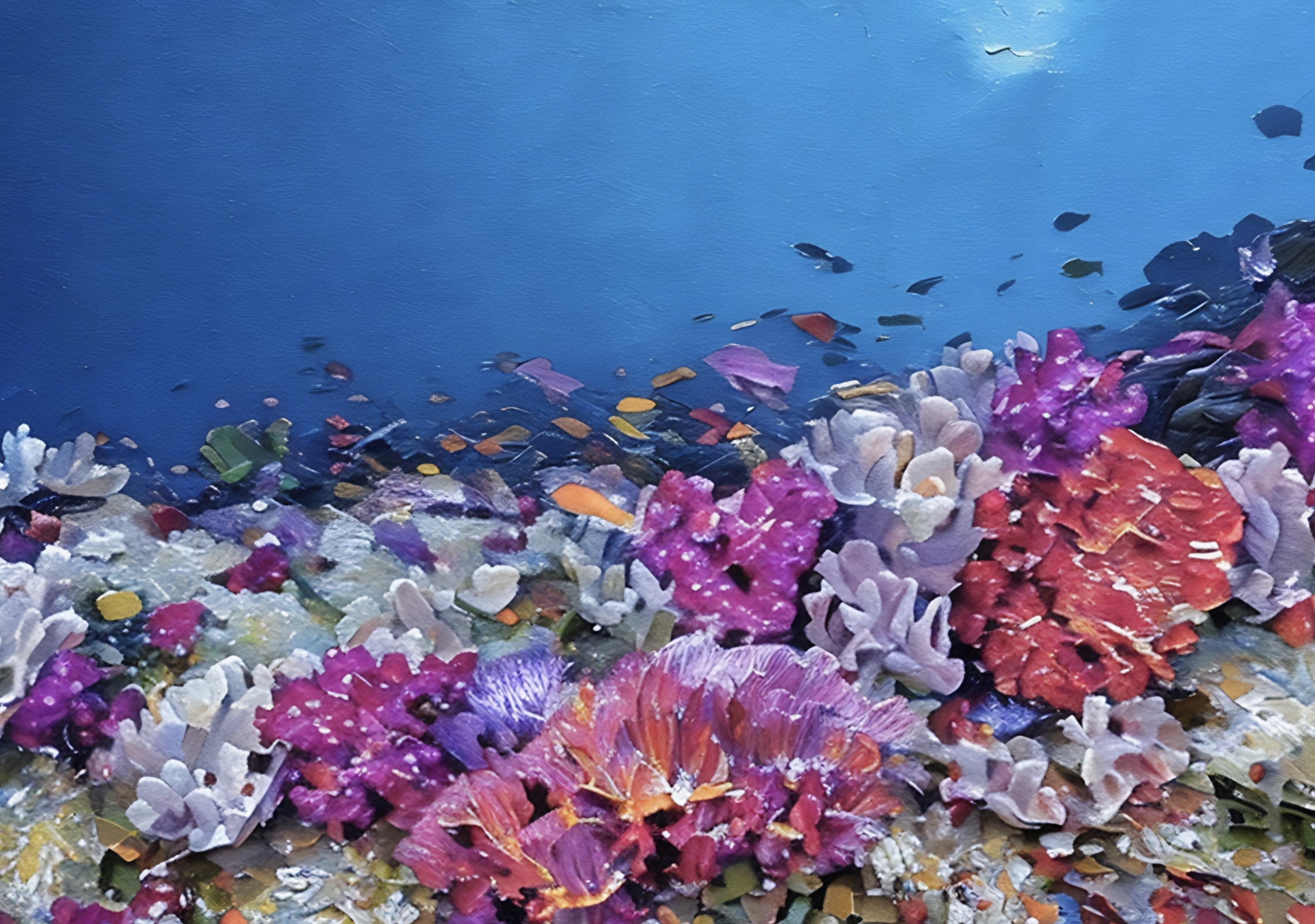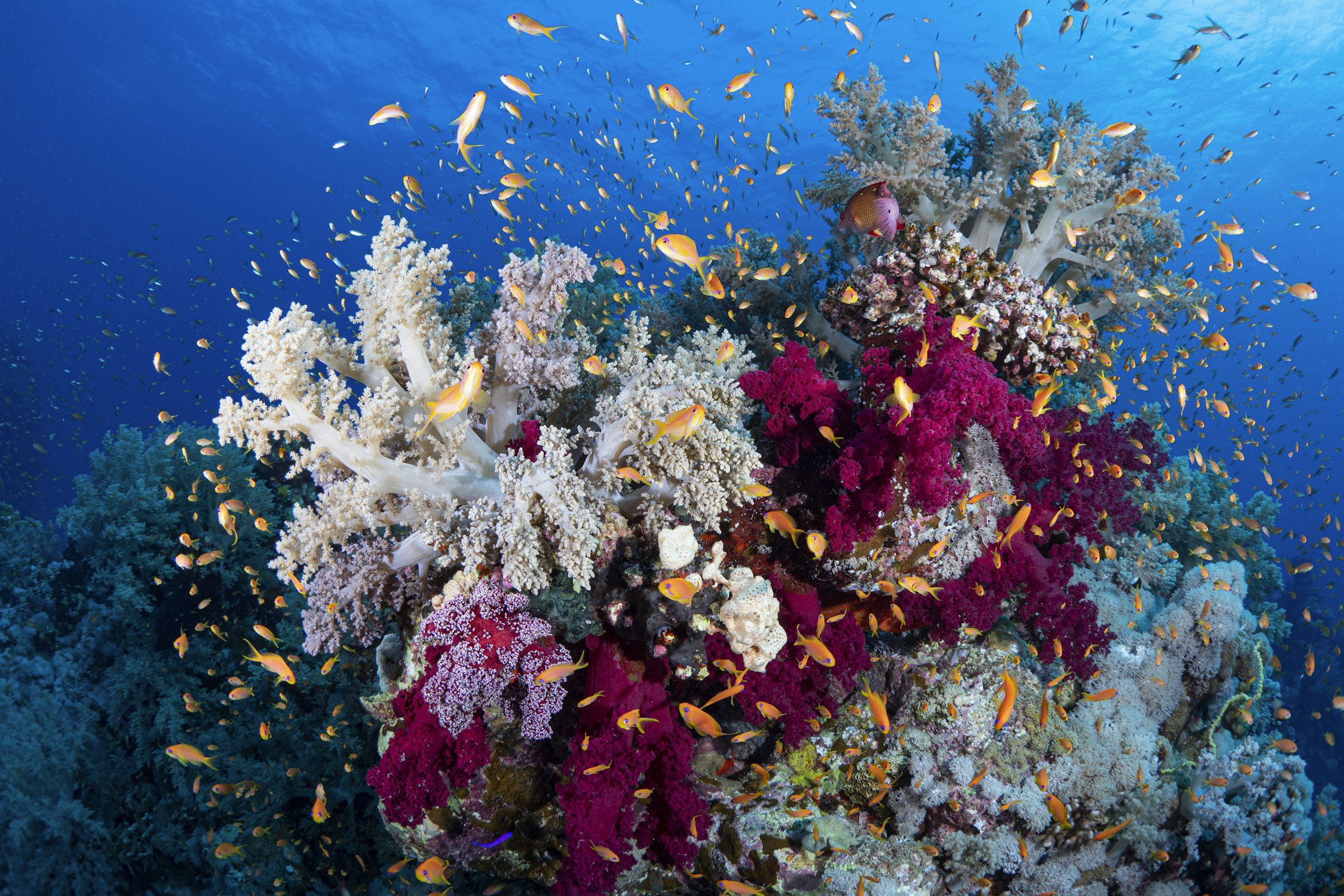
Supporting the evolutionary intelligence of coral reef ecosystems in our changing world.
Coral reefs are one of nature’s greatest library of ideas. Our approaches offer a boost to cope with sudden change.
Our mission is to advance tools and technologies that rehabilitate coral reefs as whole ecosystems, using location-specific, ecologically-sound principles that support the way they naturally function and adapt.
Upwelling Institute is an IRS 501c3 charitable foundation - all donations are tax-deductible.
We aim to restore coral reefs, not just corals. Many of the current approaches to restoration involve individual species, not ecosystems. In some cases, ecosystem improvement can follow from restoring an especially influential species, but not in most. Our scale of interest and impact is at the ecosystem level, and our metrics of success are framed by ecological function. Our goals are healthy demographics of reef organisms, preserving relationships between species, high biodiversity including metabolic and genetic diversity, reefs that are functional and resilient to multiple stressors, and making sure they provide ecosystem services for their communities into the future.
Ecological approaches for ecological restoration.
Scientific de-risking weighed against the risk of doing nothing.
There are many promising new coral reef restoration tools that need to be rigorously assessed for risk, but in many cases, the ecological risk of not making an attempt is higher than the risk of an unsuccessful intervention. Our project planning is centered on understanding and mitigating the ecological risk of emerging technologies within the context of the current crisis. This is a delicate balance that requires the collective intelligence and oversight of experts in different disciplines, especially from the local communities. Our goal is to create the largest network of reef restoration practitioners working locally to guide and implement new approaches, and share new knowledge.
The community structure, ecological function, and ecosystem services of coral reefs are enormously variable over space and time, and no single method will restore reefs globally. At the same time, it is impractical to treat each unit of reef as a unique individual. Our approach simplifies the overall complexity of coral reefs to increase scalability, but does not generalize beyond reefs with similar traits and processes. Our goals are to create a rigorous ecological restoration planning model and a toolbox of ecosystem-based protocols that can be implemented at scale, which are co-created with local communities and based on the local ecology.
Reefs are not all the same.




